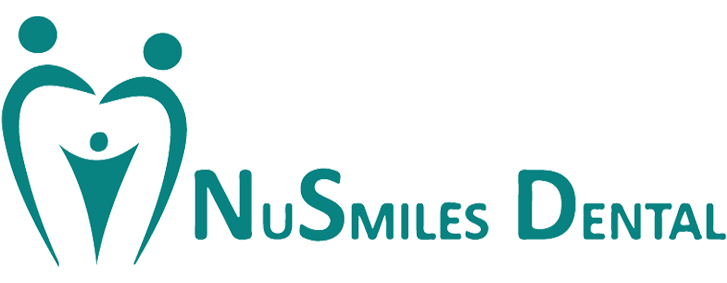Snoring and Sleep Apnoea
Snoring, Sleep apnoea and sleep disordered breathing
Snoring can be a sign of more advanced breathing problems such as obstructive sleep apnoea. Proper medical assessment will aid early diagnosis and treatment of airway and sleeping problems leading to reduced health risks and a better sleep and quality of life.

Why do I snore?
Snoring is caused by vibrations in the airway when breathing. This can be due to blockages, a narrow airway or low muscle tone. It is more common in men than women and more common with those that are overweight. Poor airway can be a sign of other health problems, with snoring being a symptom.
What is sleep apnoea?
Sleep apnoea is a condition whereby the sufferer goes through periods of not breathing during their sleep. This leads to poor sleep, stress on the lungs and heart and a range of health problems including risk for diabetes, stroke, high blood pressure, and others.
Why are dentists worried about breathing, airway and sleep?
Dentists are uniquely placed to see early signs of sleep disordered breathing as many of the signs show for the mouth and throat. Early detection and correction or treatment can lead to improved health outcomes for both adults and children. Sometimes no major symptoms are noticed and there can be underlying damage.
Will my dentist give me a diagnosis?
No, your dentist will look for warning signs. They can then make an appropriate referral for you to have medical assessment. Snoring and sleep apnoea is not a dental problem, but a medical problem, which a dentist with sleep training will look out for. Your referral can be through and ENT or a sleep physician. For medicare rebates to apply, you may need to see your GP for a sleep physician referral (Due to evidence of early detection and diagnosis, this is under review). If the sleep physician makes a diagnosis of sleep apnoea, they will also make recommendations on appropriate treatment.
What kind of treatment will I need for sleep apnoea?
Sleep apnoea can have a range of causes. Central sleep apnoea is where there is a problem with the nerves that tell your lungs how to breath. This is treated medically. Obstructive sleep apnoea is caused by tissue closure of the airway. This can be treated most effectively with weight loss (where excess weight is the cause) and/or a CPAP (continuous positive airway pressure) machine. CPAP devices are much improved nowadays, making them quieter and more comfortable. Despite this, some people still find them difficult to wear and so a mandibular advancement splint can help. Your dentist can provide this. It is a device to hold the lower jaw forwards to keep the airway open and patent. It is worn every night, just like a CPAP would be.
What if I just want to stop snoring?
Even if you don’t think you suffer from sleep apnoea and just snore, It is better to be assessed and be sure. If the snoring stops and undiagnosed sleep apnoea continued, your general health is at risk. If you are assessed and there is no sleep apnoea, just snoring, then a mandibular advancement splint may help with snoring alone.
How will I be assessed for a sleep study?
Sleep studies may be carried out at home, or in a hospital, or sleep clinic. Sensors are attached to your head, torso and limbs to assess the quality and quantity of your breathing, sleep and rest. If there are problems, the severity, duration and frequency of these problems are measured. The sleep physician will assess the data, to see if there is a problem. If there is, they will make a diagnosis or advise further tests. When they have a diagnosis, they will prescribe a treatment for you.
How much does a sleep study cost?
The cost of a sleep study depends on the type of study, but often it can be covered in full or part by medicare. You should be advised of any fees prior to starting by the clinic. Depending on your location, and needs, different clinics may be used.
How much does a mandibular advancement splint, the stop snoring device cost?
A mandibular advancement splint costs $1,695. If you have a private health fund, you may be entitled to a rebate on some or all of the cost. This cost includes adjustments and assessment on referral. For further details, please ask your dentist. Please note a splint will only be manufactured to fit on healthy teeth and gums, so you should have a full general examination with our dentist or with your regular dentist prior to any splint being manufactured. If you don’t have a regular dentist we are happy to arrange a dental check up for you.
Are there any risks of wearing a mandibular advancement splint?
Yes. It will depend on your individual case, but in some instances, you can end up snoring worse! This is not the common experience. You can have permanent changes to your jaw and bite. There can be excess salivation and some discomfort in the early stages. For most people the benefits far outweigh the risks, but you should consider all medical and dental treatment carefully after discussion with your dentist and doctor.
Enhance Your Smile
At NuSmiles Dental


